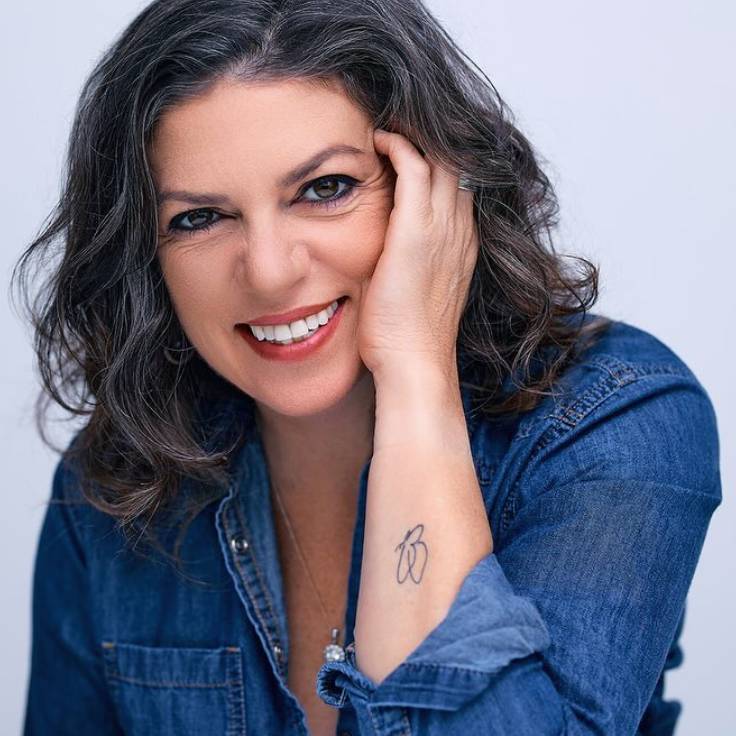The Language of Acceptance

Sanaz Toossi’s English brings humor, sensitivity and insightfulness to the complexities of language and belonging. Director Kimberly Senior, whose credits include the Broadway production of Ayad Akhtar’s Pulitzer Prize-winning Disgraced, shares her reflections on the play and artistic vision.
What makes English so unique
for audiences of all backgrounds to
ponder or consider?
No two characters in the play have the same
incentive. So, our opportunity to witness firsthand the complicated relationship to English, the
language, to America and to immigration is really
on beautiful display in the play.
Which themes in the play strongly
resonate for you?
Female identity and especially female identity
in the Middle East, the untold stories and the
invisibility. I think it’s a population that’s often
erased. I’m also struck by the very universal thing
in our cultural identities and innate tribalism which
is an inherent self-loathing. So many people in this
play are wrestling with the celebration and self-loathing of their identity. A lot of what this play is
about is how we often straddle this notion of what
we know to be true about ourselves and then the
projected notion of how we let the world perceive
us.
Ultimately the play is about becoming right
with yourself and accepting who you are.
Which character resonates the most
for you?
Marjan is presented as the ideal, the teacher.
And then we see the fallibility of people we think
know everything. I love plays that dive into the
distance between who we think we are and who
we actually are. Some of us tight rope over this
canyon. Not that it’s worse — it’s just different. And
I think the play brings this into sharp focus.
As you assess the characters and
their situations, what are you hoping
to focus on or illuminate?
Every character in a play carries their important
values. And I’m excited to ask the actors about
the values of their characters and what they hold
dear, which might not be the same thing the
actors value and hold dear. I want to start there
because I feel like that’s what these characters are
fighting for.
In what ways do you find the script
challenging?
I only like to direct plays I don’t know the
answers to, which is the fun of the work.
The challenge here is how to make sure all
perspectives are being equally represented,
especially wanting an American audience to not
to see these (characters) as The Other but to
recognize themselves in them.
As an artist and director, what
kind of plays entice you the most?
What do you look for when choosing
a project and what are your chief
priorities?
I look for something that I am trying to figure
out or attempting to understand. I’m interested
in things that are provocative for an audience
and create conversation. I believe the theatre is
a place that should be in advance of our culture,
that makes us think about big ideas and how we
become better people.
More diverse playwrights are having
their stories produced across the
country in various regional theatres.
What do you attribute this shift to?
Theatres are wising up and catching up that
our world is so much richer when we have all
these stories represented on our stages. Think
about cuisine — people love going out for Thai
food. Why shouldn’t we have Thai stories on
our stages? Our world is better when we are
celebrating all of the things that make us both the
same and different.
What do you hope audiences take
away from experiencing English?
I want people to think about their own identity
and the things they possibly compromise about
who they are in order to try to obtain an ideal.
I also hope people celebrate what makes them
unique. There is a wonderful celebration of
individuality that exists in this play, which is also so
funny and entertaining.